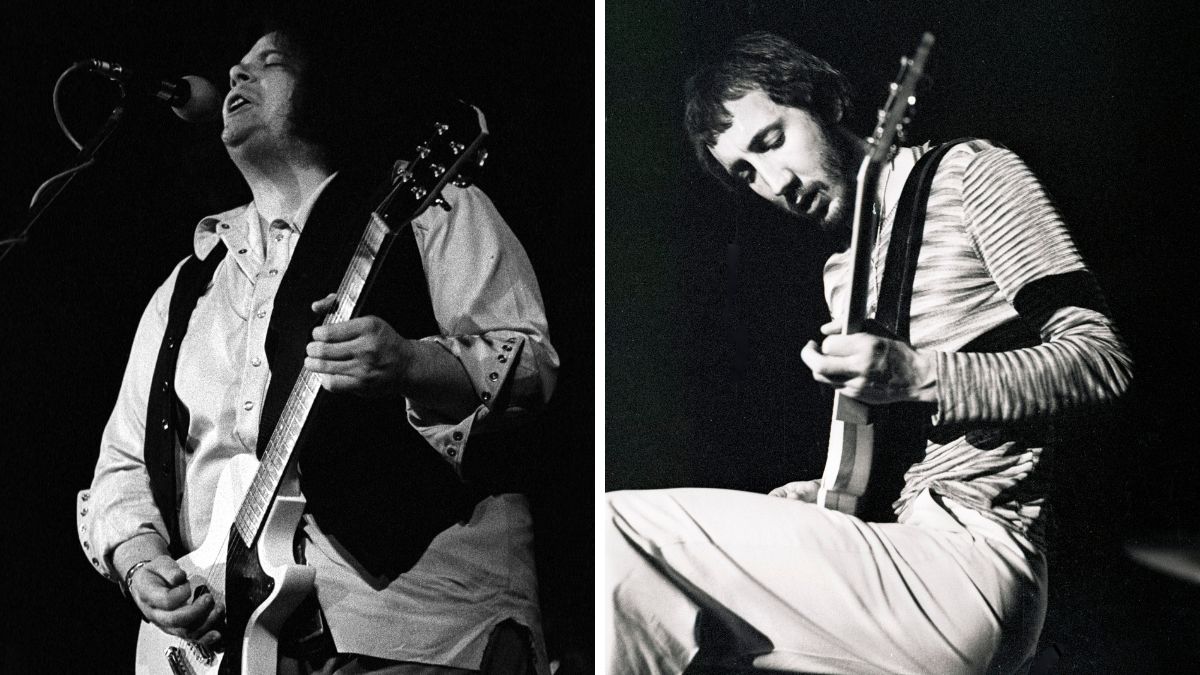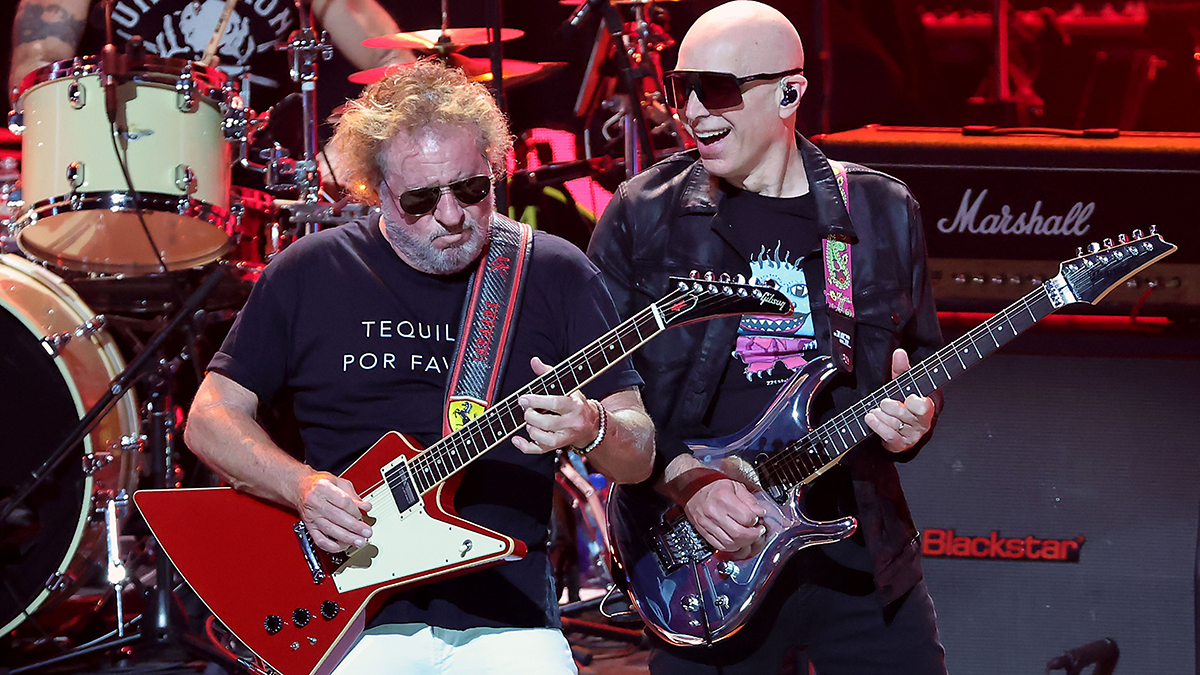“I used an SG Junior and it would never stay in tune. Felix had this old beat-up Junior and said, ‘Try this thing,’ and I never gave it back’”: Leslie West on giving his Gibson Les Paul Junior to Pete Townshend after tracking three songs with The Who
West met Townshend when The Who recruited him to play lead guitar on a handful of tracks for their 1971 album, Who’s Next

With the Gibson Les Paul Junior celebrating its 70th anniversary in 2024, it’s hard not to immediately think of Leslie West – arguably the most influential Junior player who ever lived. The legendary Mountain co-founder and guitarist wielded his instantly recognizable TV Yellow and Sunburst models throughout his career.
In an excerpt from a 1993 interview, which was published in the latest edition of Guitarist, West reflects on his love affair with the Les Paul Junior, and recalls how he ended up giving one to Pete Townshend.
“Felix [Pappalardi, Mountain's bassist] gave me the first Junior that I used in Mountain,” he says. “It was basically a hunk of wood with a pickup on it, the cheapest guitar that Gibson ever made. But it was all I needed. It had one pickup, a tone control, and a volume control.
“When I started Mountain with Felix I used an SG Junior and the thing would never stay in tune. So he had this old beat-up Junior and he said, ‘Try this thing,’ and I never gave it back.”
West ended up giving the guitar he got via Pappalardi to The Who's Pete Townshend after he was summoned to play on the 1971 record Who's Next.
“I played on Won’t Get Fooled Again, Baby Don’t You Do It, and Behind Blue Eyes. They came over to the States and they were at the Record Plant in New York. Kit Lambert [The Who's record producer and manager at the time] called me up and said, ‘Pete wants to record an album, but he doesn’t want to overdub; he wants you to play lead.’ So we went down and we did it.”
These takes, which are a great example of two guitar legends collaborating, didn’t make the final cut – but were eventually released as part of the deluxe edition. However, West had built a good rapport with Townshend, so much so that he gave him a few trinkets from his collection.
Get The Pick Newsletter
All the latest guitar news, interviews, lessons, reviews, deals and more, direct to your inbox!
“When I finished the sessions I gave Pete my Junior and an old Tweed Fender Champ and he wrote me a really beautiful letter. I had the greatest time seeing how they recorded because that was a unique group, I’ve got to tell you.”
The Who guitarist wasn’t the only individual West converted into a Les Paul Junior disciple. When Mountain supported Jethro Tull in the States, West, wielding his Junior, caught Martin Barre’s eye, inspiring him to adopt one himself.
“I ended up buying a Les Paul Junior, like everyone else who met him did. I had a really old ropey Fender Strat, but basically Aqualung was all recorded on the Les Paul Junior.”
For more about the history of the Gibson Les Paul Junior, plus new interviews with Marcus King and George Benson, pick up issue 518 of Guitarist at Magazines Direct.
Janelle is a staff writer at GuitarWorld.com. After a long stint in classical music, Janelle discovered the joys of playing guitar in dingy venues at the age of 13 and has never looked back. Janelle has written extensively about the intersection of music and technology, and how this is shaping the future of the music industry. She also had the pleasure of interviewing Dream Wife, K.Flay, Yīn Yīn, and Black Honey, among others. When she's not writing, you'll find her creating layers of delicious audio lasagna with her art-rock/psych-punk band ĠENN.
“I didn’t use any amps. The pedal that saved me was the Boss Super Overdrive”: How Yves Jarvis made 2025’s most exciting experimental record so far with a $50 Explorer knockoff and an unbelievably weird tuning
“Chess was cussin' when I got to the session with Muddy. But when he heard me, he just sat there with his mouth open”: Leonard Chess wanted to cash in on the folk boom, and asked Muddy Waters to bring him an old acoustic bluesman. He brought him Buddy Guy










